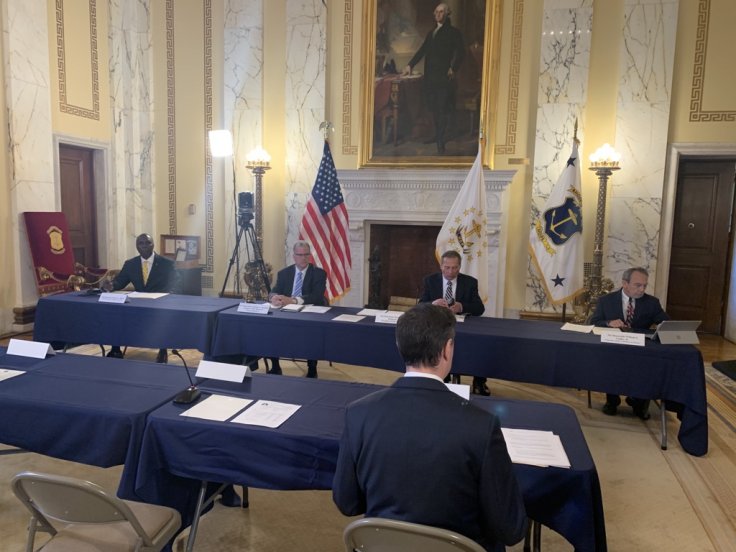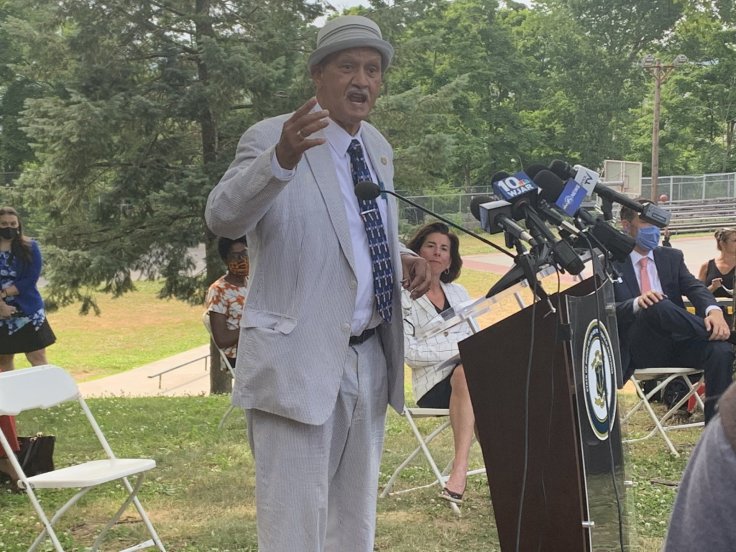Statues of great American leaders, generals, politicians, even religious figures have been toppled as part of the protests that have gripped United States of America in the wake of George Floyd incident. But now, the agitations might result in something way more profound – the change in the name of one of the States of the Union.
The province which is now seriously considering renaming itself, to disown a history associated with slavery, is the state of Rhode Island. Unbeknownst to many, the full name of the state happens to be 'The State of Rhode Island and Providence Plantations.' The reference to plantations is the most problematic due to the association with slavery that the imagery conjures.

The official process for renaming the state is already underway and is spearheaded by the Governor Gina Raimondo. She has already issued and signed an executive order that sets the ball rolling for this reform.
The Executive Order 20-48 would trim the name of the state to just Rhode Island but only as far as communications from the office of the Governor are concerned. Other agencies that are part of the executive branch of the government are also being asked to curtail the 'And Providence Plantations' part from their name.

What now?
However, in order for the name of the state to be changed fully, an amendment to the state constitution is required. This can be accomplished through a referendum. The legislature of Rhode Island has also swung into action to facilitate a vote with the State Senate passing a bill that asks for a referendum to take place.
The member who introduced this particular bill is Harold Metts. He happens to be the only African-American in the upper house of the state legislature. Now, the ball is in the court of House of Representatives. At the moment, it's likely that the lower house would also approve of the bill and will allow a referendum to take place.
However, a yes vote to the name change can't be taken for granted. In 2010, there was a referendum on this same issue and at that time, 78% of the votes were cast against the move to change the official name of the smallest state in the United States. One wonders whether the public opinion has changed enough in the last 10 years to overcome such a large majority.








